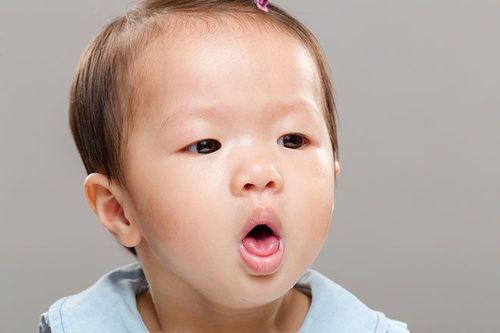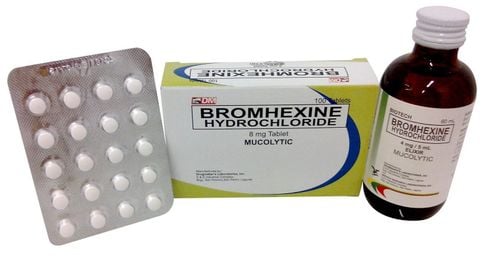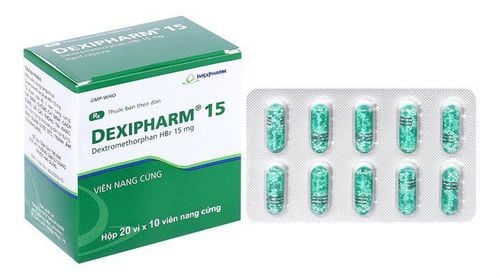This is an automatically translated article.
The article is professionally consulted by Master, Doctor Nguyen Thi An - Pediatrician - Neonatologist - Department of Pediatrics - Neonatology - Vinmec Ha Long International HospitalMany medicines are not safe or appropriate to use to treat coughs in toddlers. Instead, parents or caregivers can self-treat a child's cough at home by applying gentle treatments to help relieve a child's cough symptoms.
1. Why should you do home remedies for cough?
In toddlers (1-3 years old), a cough caused by the common cold can cause trouble sleeping at night and other activities. On average, children are susceptible to about six to eight colds per year, and most symptoms last for about 7-10 days.Meanwhile, according to the doctor's recommendation, children who have a cough but under the age of two should not take over-the-counter cough medicine. Although older children can use cough and cold medicine. Therefore, parents and caregivers should only start using cough medicine for children when the child is 2 years old or older and only when prescribed by a doctor.
You should also consider choosing the following home remedies for coughs in children that can be both effective and safe, and give parents peace of mind.
2. Cough Remedies for Toddlers
Honey For toddlers, honey works by loosening up congestion caused by phlegm and thereby soothing coughs. Children 1 year and older can take a spoonful of honey to relieve cough symptoms. Some reliable evidence suggests that honey may be better than antihistamines (diphenhydramine). Furthermore, the effects of honey may be similar to that of dextromethorphan (cough suppressant) in improving cough levels and increasing sleep quality for children. In addition, honey has been reported to shorten the duration of coughs, reduce cough symptoms, improve sleep for both children and adults, reduce the severity of cough symptoms, and reduce the frequency of cough symptoms. cough occurs.While over-the-counter cough medicines for children can sometimes cause serious side effects, children generally tend to tolerate honey well. However, in rare cases, children who are allergic to honey may experience abdominal pain, nausea or vomiting.
However, children under 1 year old are not suitable to use honey products. This is because there is a risk of developing botulism in infants and young children.
Ivy Extract Using ivy syrup or ivy cough drops is also a popular remedy for coughs in children. Ivy leaves provide a cough suppressant effect by widening the airways and soothing congestion by stimulating the secretion of water in the airways.
However, products containing ivy should only be used by toddlers over 2 years of age. If used in children under 2 years of age, this product may worsen symptoms of cough and difficulty breathing.
Side effects from taking ivy extract are uncommon. However, children may experience nausea, vomiting, diarrhea, hives, skin rashes, and difficulty breathing. Ivy leaf extract can also sometimes have an unpleasant taste.
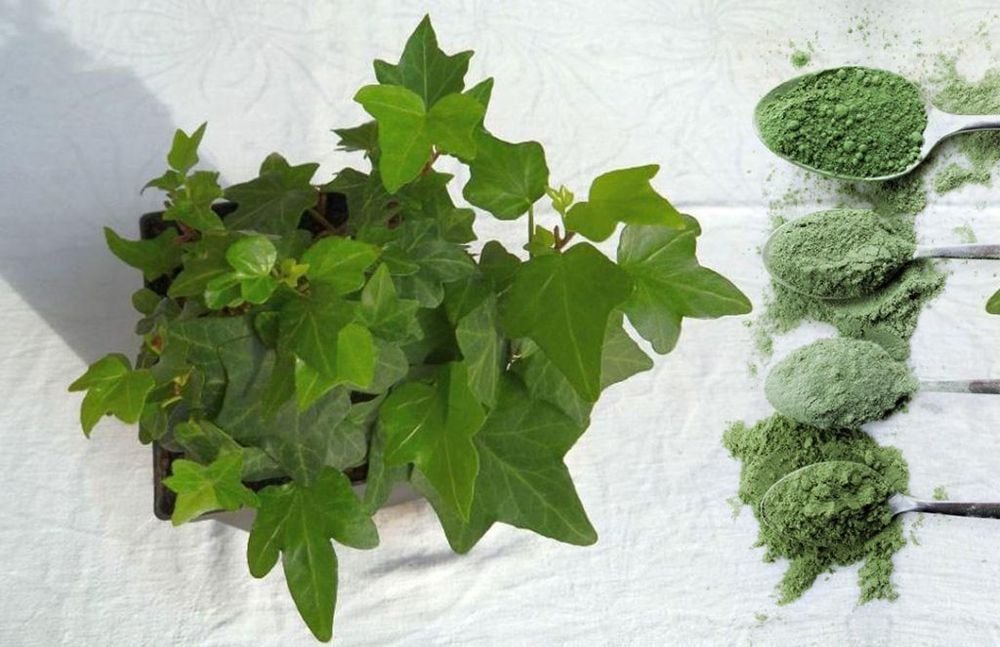
Chiết xuất cây thường xuân giúp chữa ho cho trẻ mới biết đi trên 2 tuổi
Humidifiers and warm showers can keep the respiratory tract moist, making it easier for mucus in the airways to be excreted. So, using a humidifier in your toddler's room can be a simple and non-invasive method to ease your child's cough symptoms.
Massage with essential oils Parents can use menthol massage for toddlers 2 years and older. The location should be chosen is the chest area and the front of the neck of the child. Because menthol evaporates into the air, allowing your child to inhale and soothe cough symptoms. Moreover, the feeling of the body when being massaged also helps children sleep better.
However, when applying menthol to the skin, it should be kept away from the eyes, nose and mouth of children. At the same time, do not use hot oils intended for adults as a substitute because they can burn the baby's skin.
3. When does a child have a cough need to see a doctor?
Parents or caregivers should call their pediatrician or take their child to the doctor right away if a child has a cough and has the following symptoms:Cough with difficulty breathing, wheezing or wheezing Skin between the ribs, abdominal wall constriction retracts with each breath Child's lips or face turn blue when coughing Coughing up blood Coughing continuously Child complaining of chest pain Fever unresponsive to antipyretics or fever above 39°C.
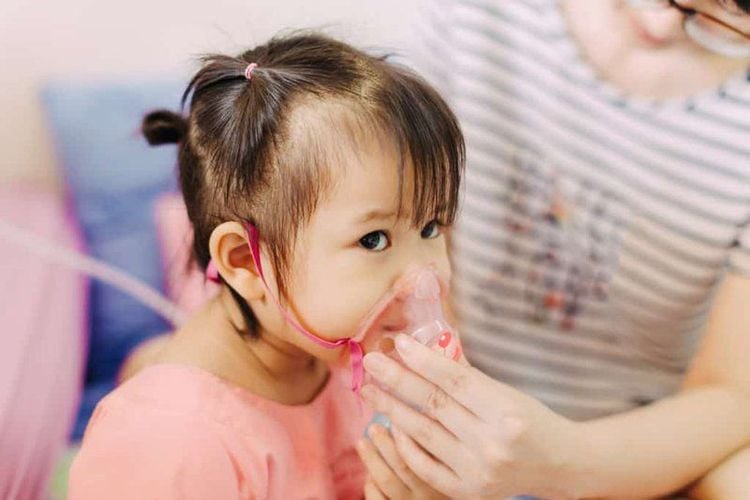
Một số trường hợp cha mẹ cần đưa trẻ đến gặp bác sĩ giúp chữa ho cho trẻ
However, if in the case of applying the above methods but the cough in children still does not improve, parents should take their children to medical facilities for timely examination.
In addition, parents should also add some supporting foods containing lysine, essential micro-minerals and vitamins such as zinc, chromium, selenium, B vitamins,... The need for nutrients at the same time supports the immune system, enhances resistance, reduces the risk of upper respiratory tract infections, bronchitis, flu.
Lysine is very necessary for the development of children, Lysine promotes the production of digestive enzymes to stimulate children to eat better and digest easily and effectively, increase food metabolism, maximize absorption of nutrients. Nutrition from food.Strengthening lysine for babies helps the body create antibodies, develop resistance, help relieve cough, thin phlegm in children.
Parents can learn more:
Why do you need to supplement Lysine for your baby?
Please regularly visit Vinmec.com website and update useful information to take care of your baby and family.
Reference source: medicalnewstoday.com - healthline.com






